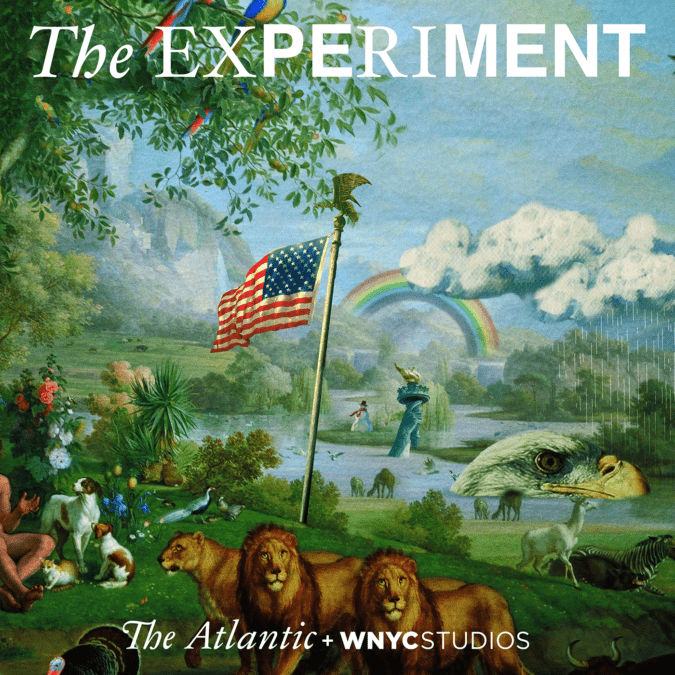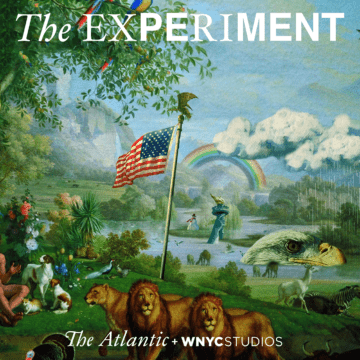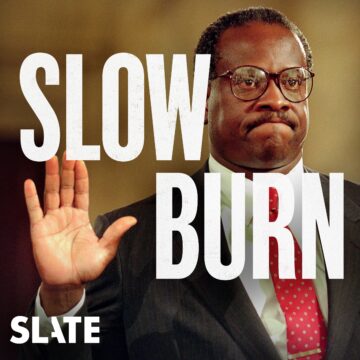Hate crimes in the United States have reached their highest levels in more than a decade, prompting bipartisan support for legislation to combat them and increased resources for law enforcement. But the recent COVID-19 Hate Crimes Act has spurred resistance from an unexpected source: activist groups that represent the people these laws are meant to protect.
This week on The Experiment, our correspondent, Tracie Hunte, investigates the 150-year history of legislating against racist violence in the U.S. and asks: Have we been policing hate all wrong?
This episode’s guests include Jami Floyd, WNYC’s senior editor for race and justice; Saida Grundy, an assistant professor of sociology and African American studies at Boston University; Jason Wu, a co-chair of the LGBTQ advocacy group GAPIMNY; Jeannine Bell, a professor of law at Indiana University’s Maurer School of Law; and Sunayana Dumala, the founder of Forever Welcome.
As The Experiment podcast keeps growing, we’re looking for new ways to tell stories and better serve our listeners. We invite you to visit theatlantic.com/experimentsurvey to share your thoughts with The Atlantic and WNYC Studios.
Further reading: “Calling the Atlanta Shootings a Hate Crime Isn’t Nearly Enough”
A transcript of this episode is available.
Be part of The Experiment. Use the hashtag #TheExperimentPodcast, or write to us at theexperiment@theatlantic.com.
Editing by Katherine Wells, Emily Botein, and Jami Floyd. Special thanks to Kai Wright. Fact-check by William Brennan. Sound design by David Herman and Hannis Brown.
Music by Arabian Prince in a UK World (“The Feeling of Being on a Diet”), Keyboard (“Ojima”), Water Feature (“In a Semicircle or a Half-Moon”), and Nelson Bandela (“311 Howard Ave 25 5740”), provided by Tasty Morsels and Nelson Nance. Additional music by Joe Plourde and Hannis Brown. Additional audio from PBS, the Obama White House, CBS News, NPR, and CNN.



